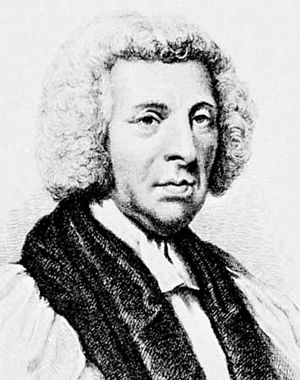Thomas Percy

Thomas Percy was a member of the group of provincial English Catholics who planned the failed Gunpowder Plot of 1605. A tall, physically impressive man, little is known of his early life beyond his matriculation in 1579 at the University of Cambridge, and his marriage in 1591 to Martha Wright. In 1596 a distant relation, Henry Percy, 9th Earl of Northumberland, appointed him constable of Alnwick Castle and made him responsible for the Percy family's northern estates. He served the earl in the Low Countries in about 1600–1601, and in the years before 1603 was his intermediary in a series of confidential communications with King James VI of Scotland. Following James's accession to the English throne in 1603, Percy became disenchanted with the new king, who he supposed had reneged on his promises of toleration for English Catholics. His meeting in June 1603 with Robert Catesby, a religious zealot similarly unimpressed with the new royal dynasty, led the following year to his joining Catesby's conspiracy to kill the king and his ministers by blowing up the House of Lords with gunpowder. Percy helped fund the group and secured the leases to certain properties in London, one of which was the undercroft directly beneath the House of Lords, in which the gunpowder was finally placed. The conspirators also planned to instigate an uprising in the Midlands and to simultaneously kidnap James's daughter, Princess Elizabeth. Percy was to remain in London and secure the capture of her brother, Prince Henry. When the plot was exposed early on 5 November 1605, Percy immediately fled to the Midlands, catching up with some of the other conspirators en route to Dunchurch in Warwickshire. Their flight ended on the border of Staffordshire, at Holbeche House, where they were besieged early on 8 November by the pursuing Sheriff of Worcester and his men. Percy was reportedly killed by the same musketball as Catesby and was buried nearby. His body was later exhumed, and his head exhibited outside Parliament. In his youth, Percy was reported "very wild more than ordinary, and much given to fighting",[1] although his excesses were tempered somewhat by his conversion to Catholicism. He may have abandoned his first wife for another woman and was for a time imprisoned for killing a man during a border skirmish. His membership of the plot proved extremely damaging to his patron, the Earl of Northumberland, who although uninvolved was imprisoned in the Tower of London until 1621.